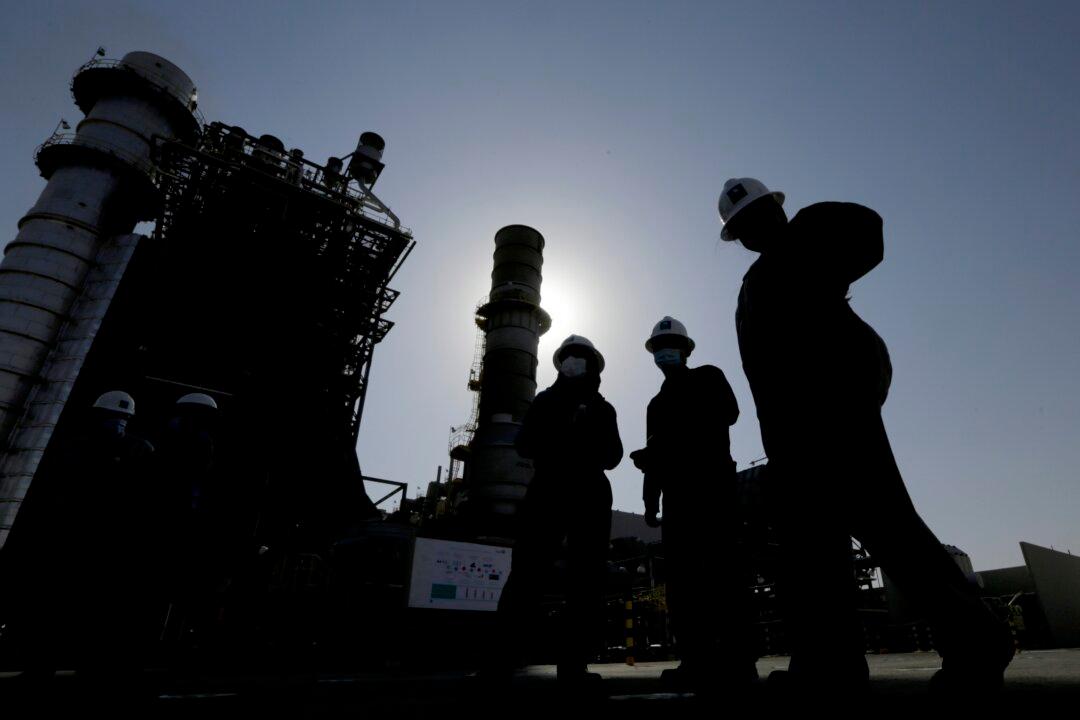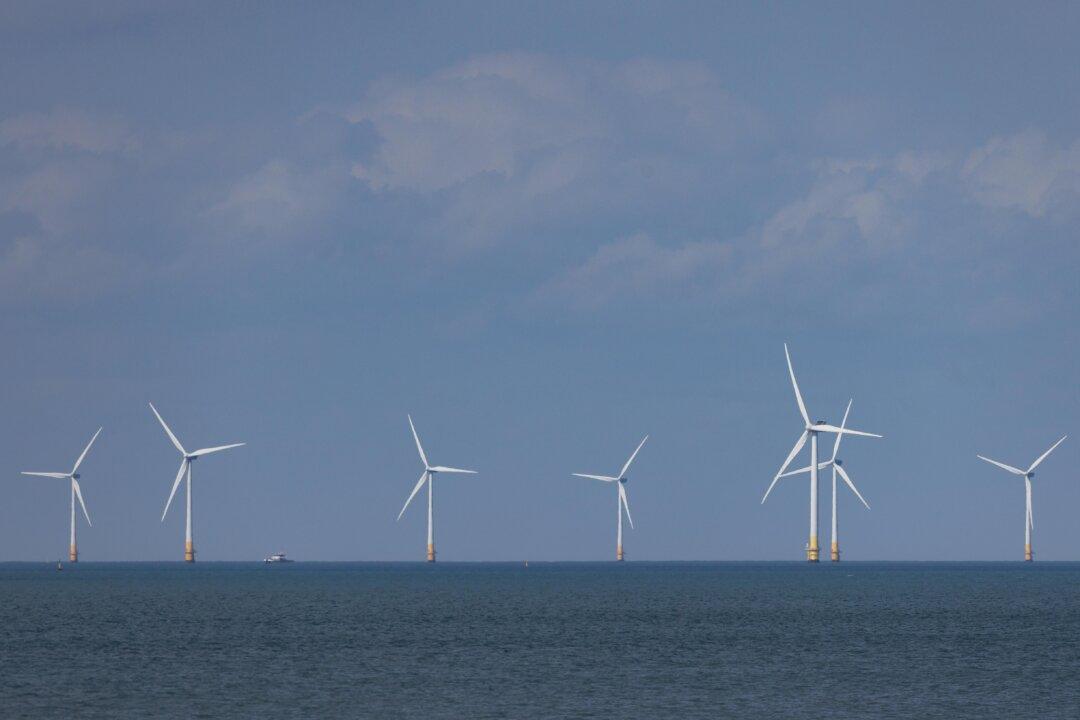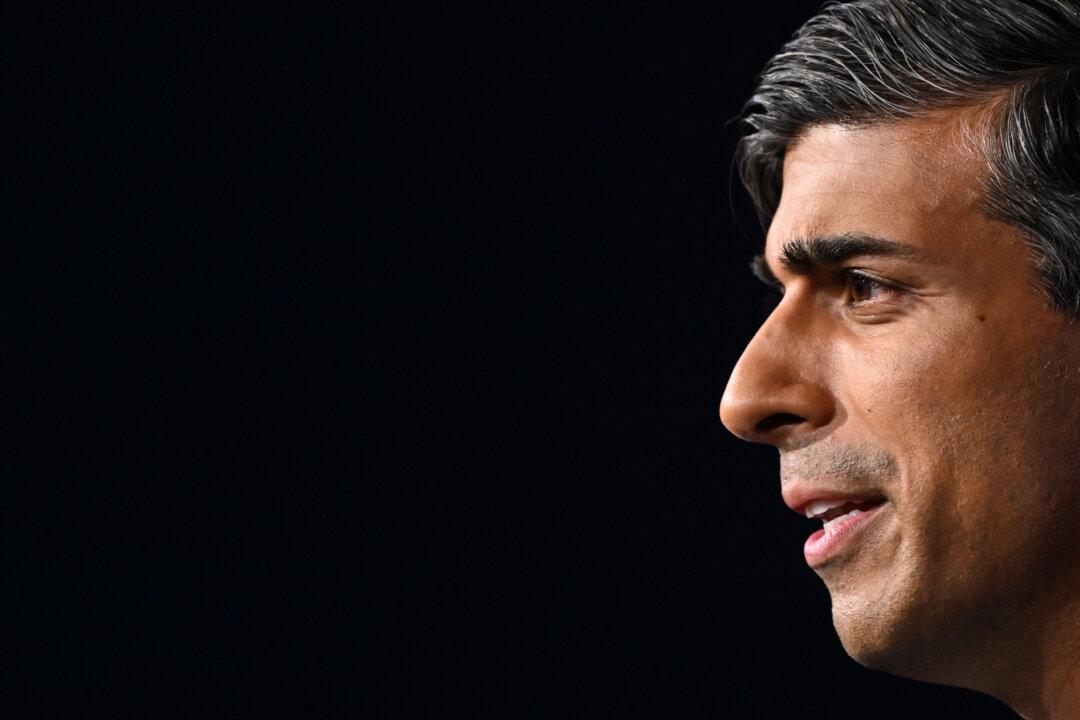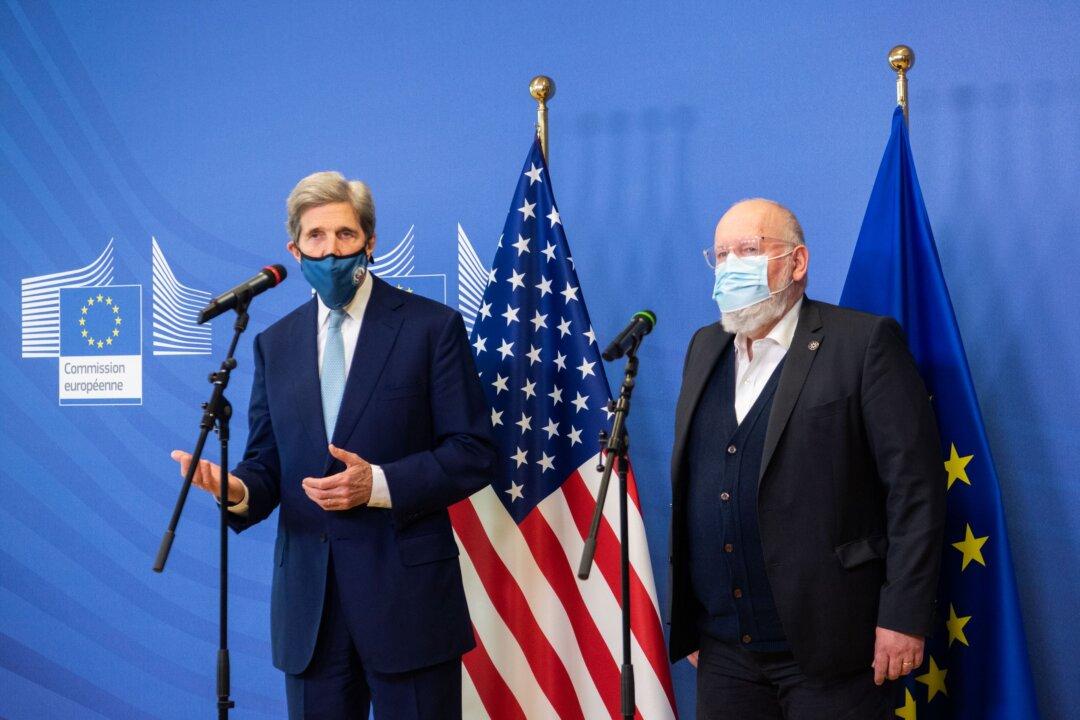Commentary
Price rises—they keep on coming. Even before the recent surge in energy prices, companies had been warning about inflationary pressures in their supply chains. At the end of June, General Mills reported that it was facing cost increases of 7 percent and that it was raising the price of most of its grocery products.





